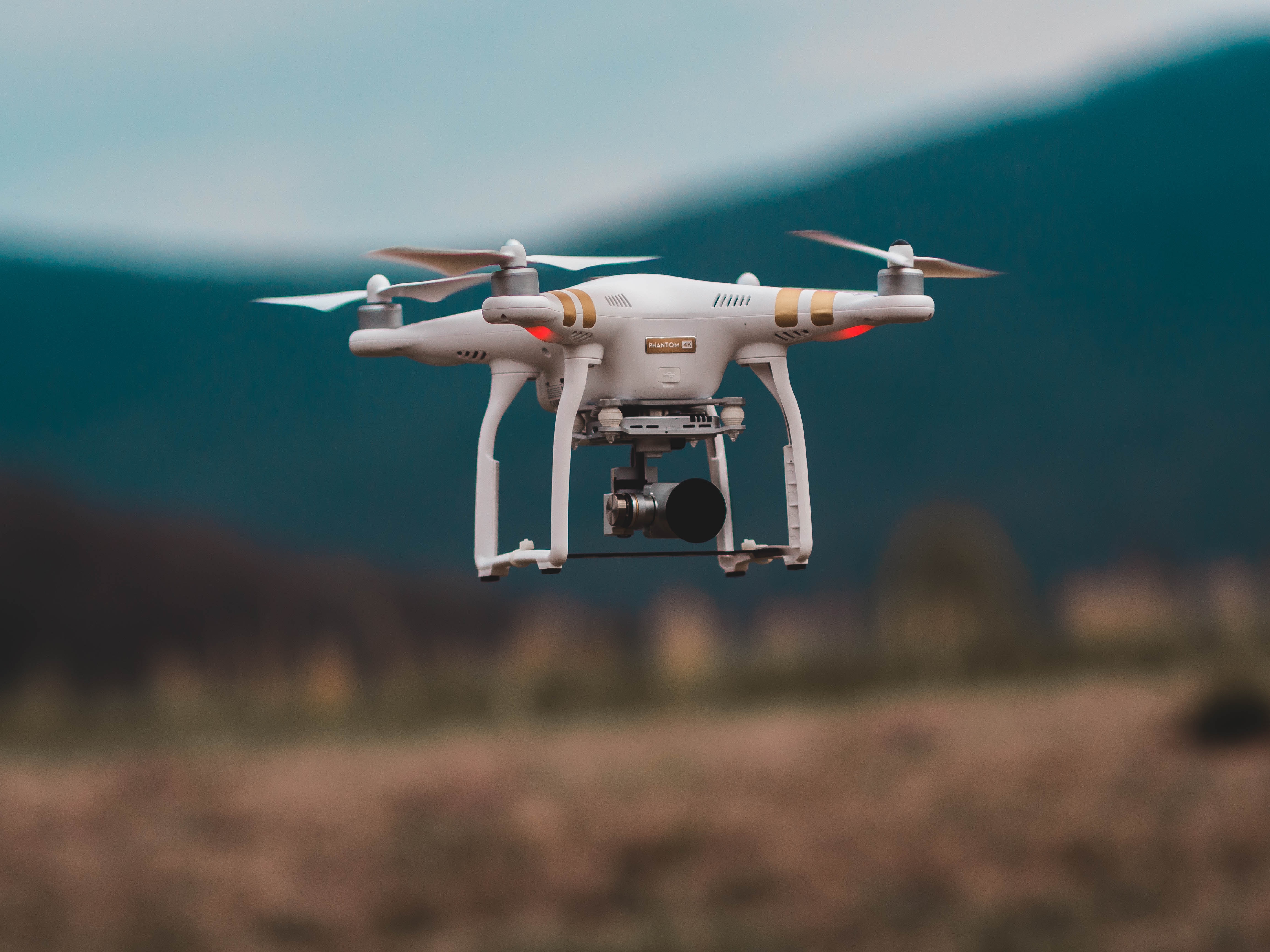Regular readers of this column will know that at this time of year I like to make some predictions of the future for farming. However, this time around the future has already been predicted with some certainty by many statisticians who tell us that the world population will grow from 7.8 to 9.8 billion people by the year 2050. Now, that’s a frightening thought when you consider that’s just 31 years from now and even more worrying is the fact that most scientists reckon Planet Earth can only sustain about 11 billion human beings! So, here’s a sobering thought at the start of 2019…
By the year 2100 Planet Earth will be “full”… that is up to 11 billion people and unable to support any more human life simply because we won’t be able to grow enough food. These facts are widely published and assume that humans will continue to reproduce at the same rate as today.
Of course, that will mean huge increase in demand for food with production needing to increase by around 60 to 70 percent by 2050. That will bring massive changes to methods of growing and harvesting our crops and as a result, the appearance of the countryside will change. I can’t begin to predict what it will look like in 30 years’ time, but it will be different! Therefore, farmers are going to be quick to adapt to new methods of production simply to keep pace with the increasing demand for high quality and sustainably produced food.
My prediction is that the lines between Organic and Non-Organic will become blurred as farmers adopt so-called “integrated pest and disease management programmes”. These systems rely less on conventional chemicals and more on a joined-up approach of using cultural, biological and more natural methods to control pests and diseases in crops. We are finding more and more chemicals are being seen as harmful, even if sometimes the science says otherwise. As things now stand, about half of all active ingredients waiting approval come under the natural, rather than man made label and that has to be good for the environment as they should do less long-term damage to our planet.
These new methods will certainly bring about greater long-term sustainability to food production, but will they enable farmers to feed the ever-increasing population is the next question. This is where we get into the debate about what foods are sustainable and also the question of where our food comes from.
In my opinion it is simply not acceptable to transport food right around the world when most of what we consume can be produced within the UK and Europe. Reliance on imports will become a thing of the past as other countries look after themselves and here in Scotland and the rest of the UK we should now be working towards our own food security. I also think there will come a point where we won’t have the luxury of choice that we have now and we will return to some form of seasonal eating patterns, although the seasons will be extended for a lot of crops such as soft fruits. Whether we like it or not, global warming is here to stay and that will bring the possibilities of growing new crops as well as the extra threat of extreme weather patterns.
There will be a natural end to the meat eating/vegetarian/vegan debate at some point as cost of production and availability of land types and the area to grow crops will dictate what we eat in the future. A lot of our current luxury of choice will disappear along with the currently unacceptable levels of food waste. In other words, food will become relatively more expensive and we simply won’t be able to afford to throw it away!
In the future as the population grows, the role of farmers will change as demand for their skills increases and alongside traditional practices, new methods of crop production will become reality. Some of the future is with us already as robots milk cows, drones inspect crops and driverless tractors work the land… and that is just the beginning!
It’s an exciting, if slightly scary, time to be in the food industry, but reassuring for our next generation of farmers that their skills and ability to adapt will be in demand!
@farmerjonesy
